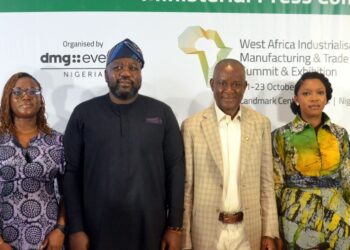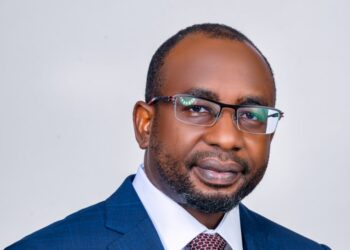The Chief Executive Officer of Financial Derivatives Company Limited, Mr Bismarck Rewane, has said that Nigeria’s positive Gross Domestic Product has yet to have a significant impact on socio-economic conditions.
Rewane, a member of the Presidential Economic Advisory Council, disclosed this in his presentation at September’s edition of the LBS Breakfast Session, according to Punch.
The National Bureau of Statistics stated recently that the country’s GDP grew by 5.01% in Q2 2021 of this year as against 0.51% in Q1 2021, while inflation dropped to 17.38% in July from 17.75% in June.
However, this has not translated to elevating the hardship of everyday Nigeria.
What Rewane said
Rewane stated that in Q2 2021, out of 46 activities, 34 expanded, eight slowed and four contracted.
He said, “Fastest growing sectors were the most impacted by the [COVID-19] shutdown. They are job-elastic and have the potential to boost productivity.
“Real GDP (2.7 per cent) still below potential GDP (8.3 per cent). Economy still in a recessionary gap. Population (3.2 per cent) growing faster than GDP.Nigeria still the poverty capital of the world: 93.9 million people now live below the poverty line.”
“Youth unemployment fast approaching 45%. Misery index, 50.68%. Nigeria [is] a hunger alert hotspot, according to FAO and WFP. Over 18,000 Nigerians seeking asylum. Health sector brain drain rising (e.g. about 500 doctors moving to Saudi Arabia).
“Positive GDP growth is yet to have a significant impact on socioeconomic conditions. Strategic investment and increased stimulus in job-elastic sectors and elimination of leakages (misaligned exchange rate and subsidies) necessary to achieve sustained economic recovery and inclusive growth,” he added.
Rewane noted that the special drawing rights allocation of $3.35 billion to the country from the International Monetary Fund would provide a 10% cushion to external reserves
He said, “Rising concerns on debt sustainability suggest Nigeria is quickly falling into a debt trap. Weak finance management practices and limited revenue to keep worsening debt problem. Domestic debt also on the rise.”
Rewane also noted that the Federal Government borrowing through Ways & Means advances had climbed by 595.5% to N15.51 trillion in five years.




















